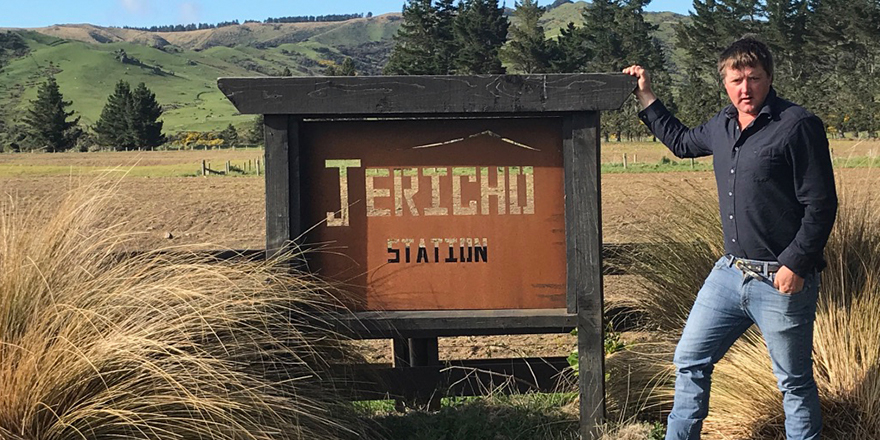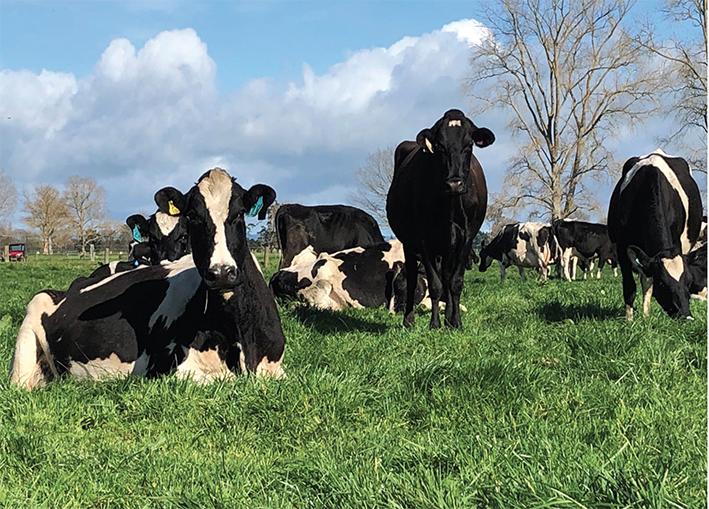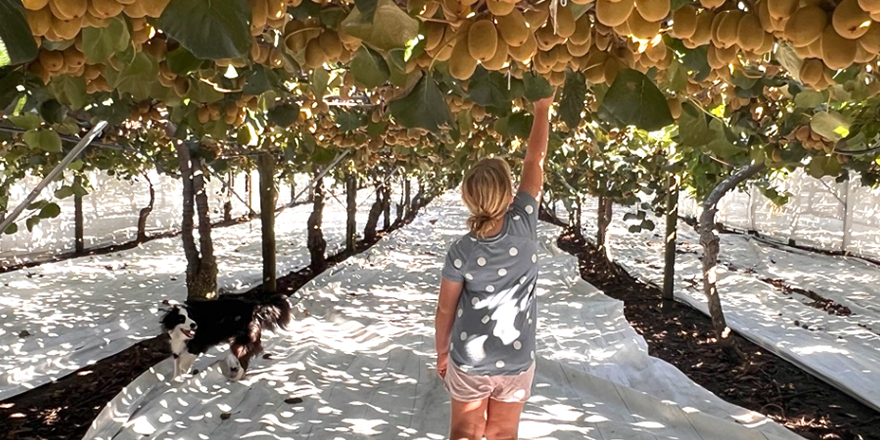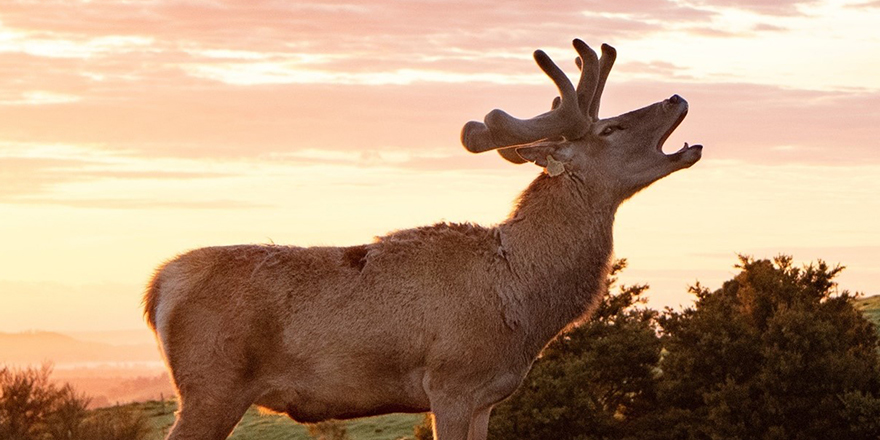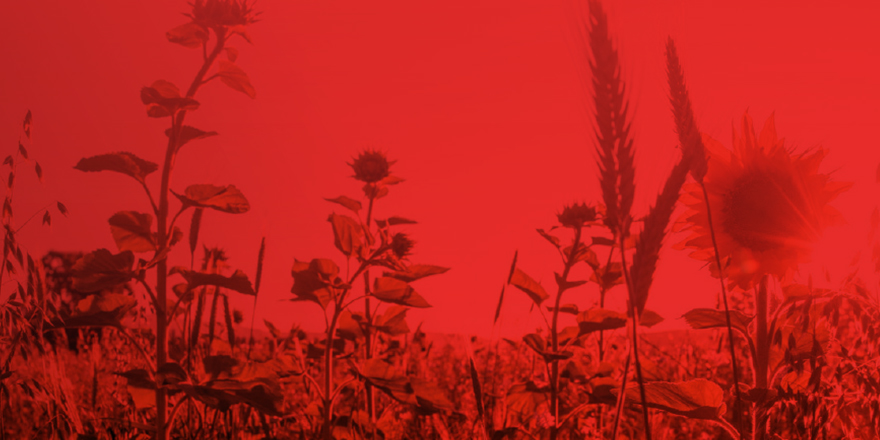How do we equip farmers to embrace imposed change?
Farmers have been and will be faced with an increased amount of imposed change. This could be regulatory, market, climatic and more. What has become evident is how farmers are dealing with it, with varying degrees of success due to poor stakeholder uptake. Change is a certain component of the future of New Zealand agriculture, the opportunity is to make it a positive experience that applauds and embraces innovation and encourages personal stewardship while minimising regulation.
Illustrated in the literature review are: personal characteristics of problem solving and changing thought patterns, analysed with theory from Kubler-Ross and Everett-Rogers; the key processes we as humans and farmers go through in the change process; and innovators and laggards’ descriptions encompassed in a personal and industry comparable study.
Key messages from the report include:
- Farmers need to continually self-educate and understand their circle of influence and control as well as improve self-awareness around how they react to imposed change through natural thought processes.
- All organisations, government and individuals need a better understanding of social science initiatives to see and identify what the motives, pressure points and issues are. There is a greater need for regulatory organisations to partner with social science consultancy advice to plan and implement processes to ensure positive stakeholder buy-in resulting in outcomes beneficial to all.
Recommendations include
- Government has an important role in facilitating change through means other than just regulatory. More effort is needed to encourage change through, tax breaks for research and development (R&D), investing and partnering in innovation and technologies that will help drive change such as improving environmental outcomes.
Farmers have a responsibility to embrace imposed change by continually investing in their own skill set and knowledge base. This should be treated like investing in any other business input with finances and time allocated accordingly.
